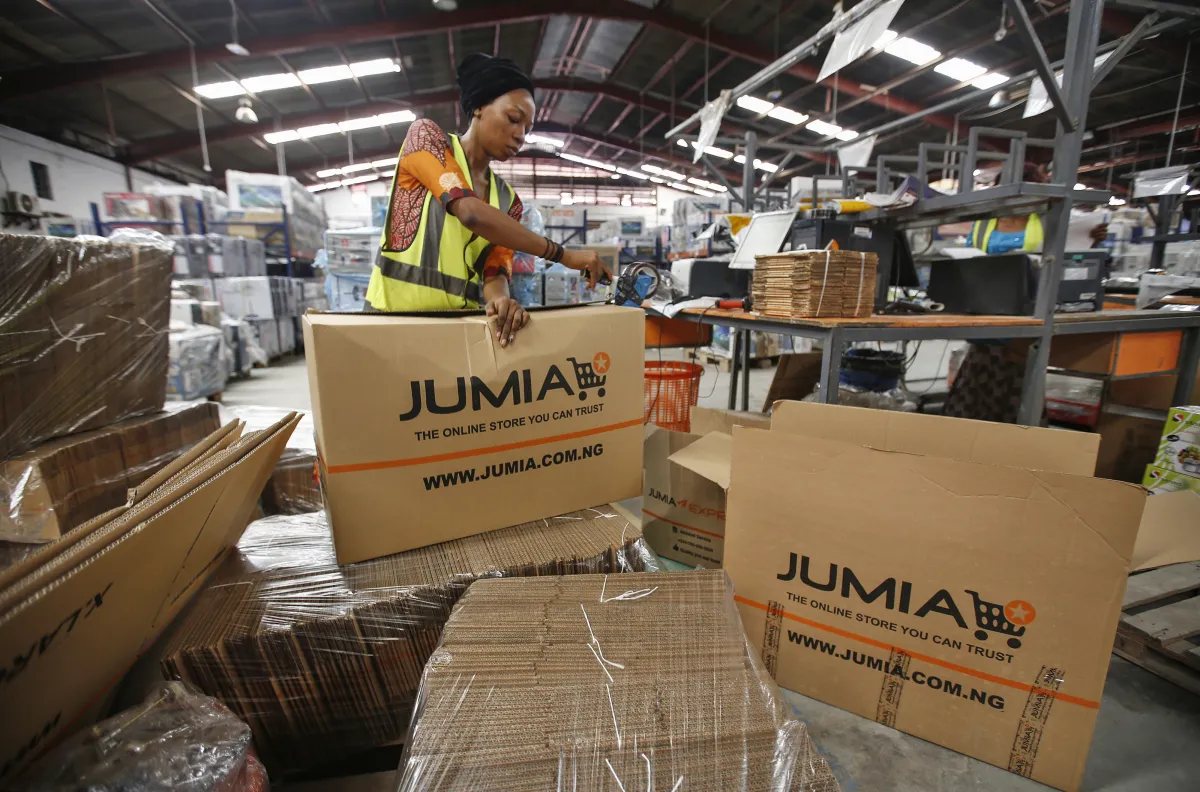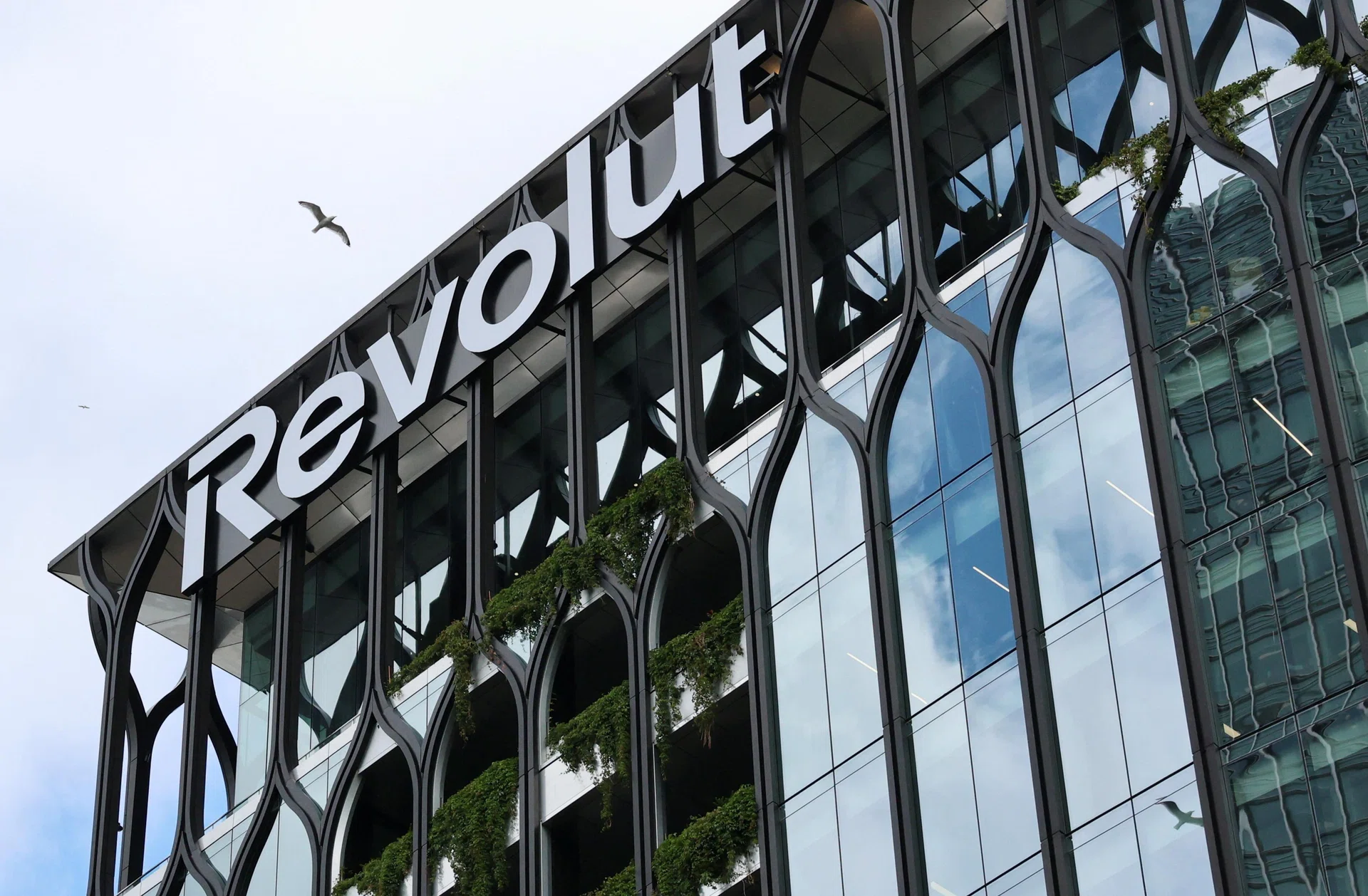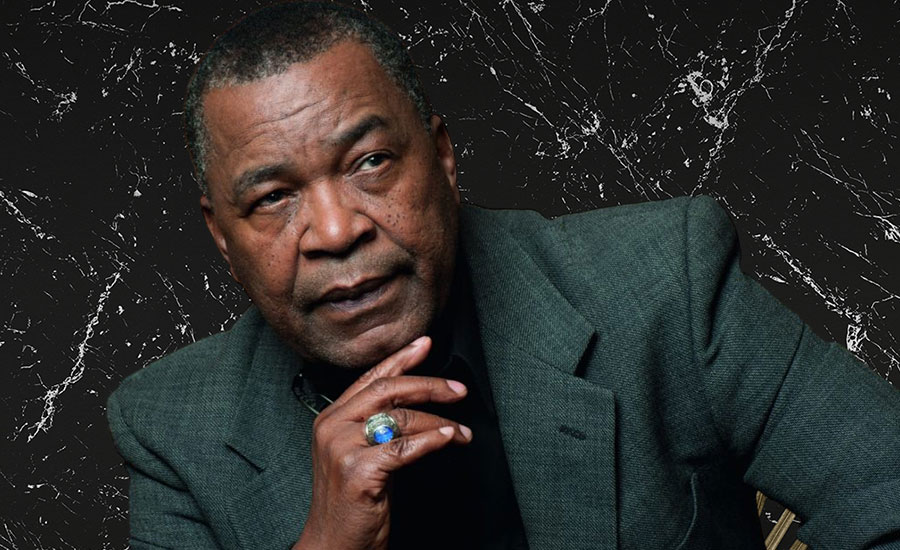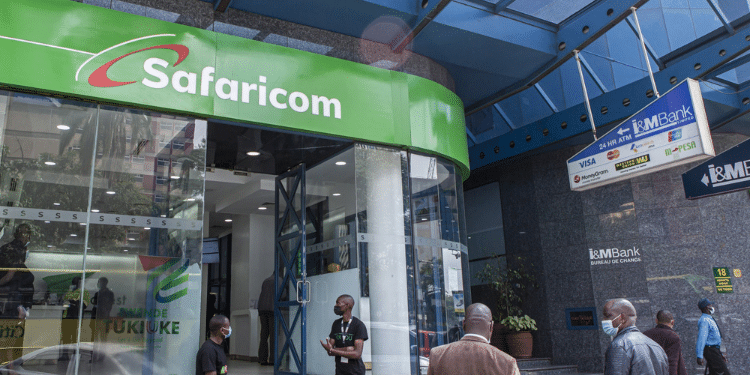Kenya’s telecommunications sector is witnessing a high-stakes legal battle between Safaricom, the country’s leading telecom provider, and Goodweek Inter-Services Limited, a long-time dealer of M-PESA services, SIM cards, and Safaricom-branded merchandise.
The dispute, now before the Constitutional and Human Rights division of the High Court of Kenya, has brought contract law, market dominance, and business ethics into sharp focus.
The Genesis of the Dispute
Goodweek had been a Safaricom dealer since 2002, operating through the company’s Online Dealer Trading Portal. However, in April 2024, the dealer lost access to the portal following the expiration of its dealership agreement.
According to Safaricom, this suspension was procedural and automatic, as Goodweek failed to renew its contract in time.
Safaricom argues that all dealers operate under the same contractual framework, and over 400 other dealers renewed their agreements without issue.
The telecom giant maintains that Goodweek was given adequate notice and opportunities to renew but failed to do so, making its claims of unfair treatment baseless.
READ ALSO:
Why South Africa’s Crypto Licensing Exemption for NFTs Could Be a Game Changer
Goodweek, however, sees the situation differently. The company contends that it was not removed due to a routine contract expiration but rather as a result of Safaricom leveraging its dominant market position to force smaller dealers into accepting non-negotiable contract terms.
According to Goodweek, the agreement imposed unfair clauses, including provisions allowing Safaricom to unilaterally terminate contracts and setting unrealistic sales targets.
Market Power and Contract Terms: The Core Legal Question
At the heart of the dispute is a fundamental question: Did Safaricom simply enforce standard contract terms, or did it use its market dominance to strong-arm smaller players into accepting unfair agreements? Goodweek argues that its refusal to accept these terms led to its exclusion from the dealership network.
One of the critical elements in Goodweek’s case is the sales targets imposed by Safaricom. In 2023, Goodweek was required to register 20,700 new subscribers but only managed 17,322.
The dealer claims these high benchmarks were deliberately set to justify withholding commissions and other incentives. If proven, this could support the argument that Safaricom’s terms were designed to exert excessive control over its dealers.
Legal Implications and the Role of Vodafone
Goodweek’s legal strategy extends beyond Safaricom, naming Vodafone Plc, Vodafone Kenya Limited, and Mobitelea Ventures Limited as additional respondents. This suggests that Goodweek views the issue as part of a broader pattern of business practices within the telecom sector.
However, Safaricom’s legal team, led by lawyer Daniel Ndaba, has questioned the inclusion of these entities, arguing that their involvement is irrelevant to the core dispute.
The company also asserts that the matter should have been resolved through arbitration, as stipulated in the contract, rather than escalating to a constitutional case.
Potential Industry-Wide Consequences
The outcome of this case could have far-reaching implications for Kenya’s telecommunications industry. If the High Court rules in favour of Goodweek, it could set a precedent for how dominant telecom firms engage with their dealers.
Other businesses that have previously been hesitant to challenge Safaricom’s terms might be encouraged to do so, potentially leading to a reevaluation of existing contract structures.
READ ALSO:
A Comprehensive Guide to the DhowCSD Investor Portal and Mobile Apps
Additionally, the case raises broader questions about the balance of power in Kenya’s business landscape. Should large corporations be allowed to dictate contract terms with minimal negotiation, or should there be greater regulatory oversight to ensure fair dealings between dominant firms and their smaller partners?
A Case to Watch
With arbitration clauses, competition law, and contractual fairness all at play, the Safaricom-Goodweek dispute is shaping up to be one of the most significant legal battles in Kenya’s telecom industry.
As the High Court deliberates, both industry stakeholders and business observers will be keenly watching the verdict, which could redefine the contractual landscape for telecom dealers and beyond.







Leave a Reply